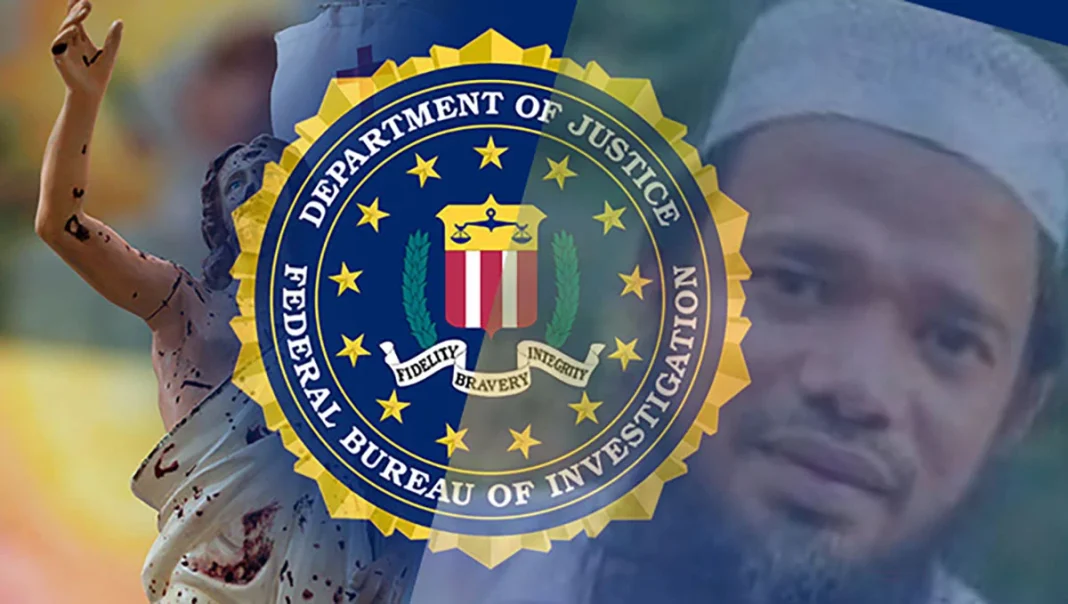Mohammad Nawufer, a key figure in the Sri Lankan cell of the Islamic State (ISIS), has confessed to his involvement in the deadly 2019 Easter Sunday bombings. In a series of interviews with the US Federal Bureau of Investigation (FBI), Nawufer disclosed his role in the planning, training, and ideological groundwork that led to the attacks, which killed over 250 people.
Radicalization and Rise to Leadership
Nawufer’s path to radicalization was gradual, beginning with exposure to extremist ideologies in Qatar in 2009. However, it wasn’t until 2017 that he fully embraced ISIS ideology, influenced by the preaching, lectures, and online content of Zaharan Hashim, the leader of the National Thowheeth Jamaath (NTJ). Under Hashim’s guidance, Nawufer pledged allegiance to ISIS and committed himself to Jihad.
Nawufer revealed that Hashim sent a video to ISIS leaders in Syria, showcasing the allegiance of Sri Lankan ISIS members. Subsequently, Hashim declared that their group in Sri Lanka had been recognized as an official ISIS cell.
Hashim appointed Nawufer as his second-in-command, tasking him with recruitment, propaganda, and ideological indoctrination. Nawufer organized eight multi-day training camps, providing instruction in bomb-making, firearms, and religious principles.
The Rift and Aftermath
Weeks before the Easter attacks, a dispute arose between Nawufer and Hashim. Nawufer questioned Hashim’s leadership and security measures and attempted to resign, but Hashim refused.
Nawufer claims he last saw Hashim on March 9, 2019, and went into hiding after their disagreement. On the morning of the attacks, he was informed by another group member that Hashim had “executed a series of attacks.” Upon seeing news of the bombings on Facebook, Nawufer fled.
Nawufer’s Confession and Corroborating Evidence
Nawufer’s deep involvement was further evidenced by independent witness testimony and digital forensics. Nine individuals detained by Sri Lankan authorities identified Nawufer as a leader, and 13 witnesses confirmed a leadership breakdown within the group prior to the attacks. Social media and email records further substantiated Nawufer’s activities and allegiance to ISIS.
Significance of the Revelations
Nawufer’s confession confirms that the Easter Sunday attacks were not the actions of lone wolves, but rather the result of a structured, trained, and ideologically driven jihadist cell operating as a local arm of the Islamic State.




